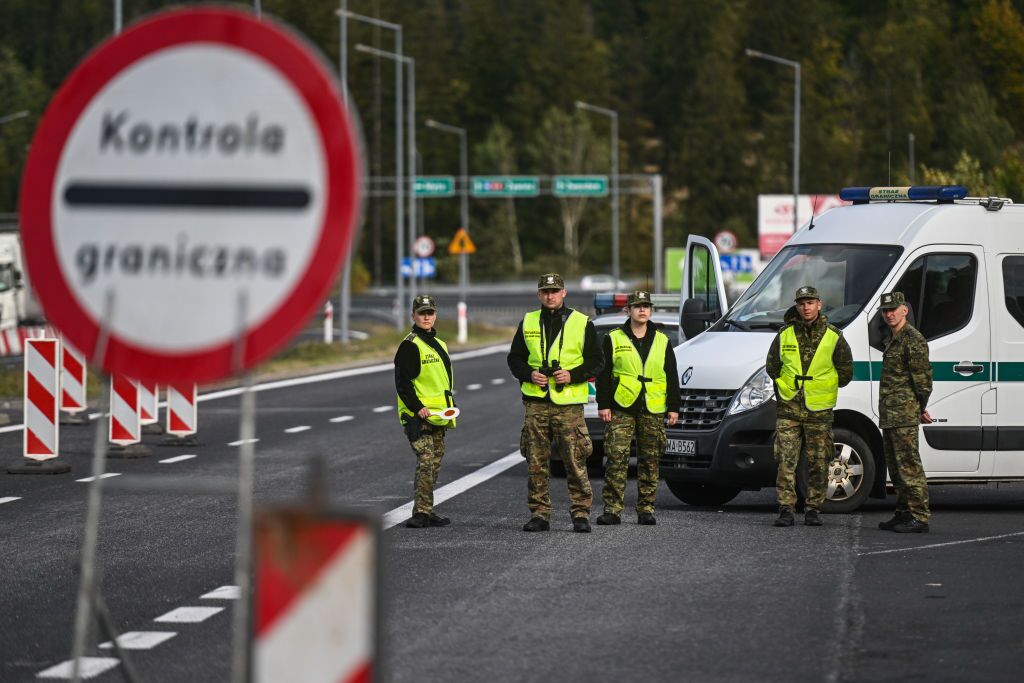Poland’s Prime Minister Donald Tusk announced plans to temporarily suspend asylum rights as part of a new strategy aimed at minimizing undocumented migration. This decision comes in the wake of heightened border checks established by Germany and the longstanding migration crisis fueled by Russian and Belarusian presidents, Vladimir Putin and Alexander Lukashenko, respectively. Tusk articulated concerns that these leaders, along with human traffickers, exploit the asylum process, undermining its fundamental purpose. He emphasized the urgent need for Europe to recognize this temporary suspension in light of escalating security threats posed by unauthorized migration.
Tusk’s commitment to tighten Poland’s borders against undocumented entrants may lead to confrontations with European Union (EU) mandates. He made it abundantly clear that Poland would not comply with any EU measures that could compromise its national security. Details regarding the borders and the full scope of his migration policy are anticipated in the coming days. Poland’s stance reflects a growing sentiment among various EU members, including Hungary and the Netherlands, who have also expressed dissent against specific asylum agreements and policies, indicating a trend of increasing resistance within the union.
The EU’s recently adopted migration pact, which aims to provide structure to asylum application processing and establish standardized procedures, has sparked discontent among member states. Politicians assert that the system’s solidarity mechanism may place undue burdens on nations like Poland, as it mandates countries to either accept a set number of migrants, pay fines for rejecting asylum seekers, or bolster support for EU operations addressing new arrivals. Tusk’s administration seems intent on challenging these obligations, further demonstrating Poland’s evolving position within the broader framework of EU immigration policy.
Earlier this week, during a joint conference with Czech Premier Petr Fiala, Tusk reiterated Poland’s unique situation regarding undocumented migration, underscoring its geographical proximity to Belarus. He called for a united EU initiative to address these challenges, emphasizing the importance of solidarity among EU nations when dealing with such crises. His firm articulation of Poland’s position signals a determination to navigate security threats while maintaining the nation’s sovereignty amidst pressures from the EU.
Poland has deployed various strategies to curb irregular migrations, such as constructing fortified walls along its eastern border and increasing military presence in the area. These measures have reportedly led to a significant decrease in illegal crossings into Poland. The government’s comprehensive approach to migration reflects a willingness to invest both resources and military capabilities to safeguard the nation’s borders, further complicating relations with neighboring countries and the EU.
As the situation unfolds, Tusk’s government faces the challenge of balancing national security interests with its commitment to European collaboration. The policy of temporarily suspending asylum rights could invite scrutiny from the EU and catalyze debates regarding member states’ obligations under shared immigration treaties. Poland’s ongoing measures reveal an evolving dynamic within the EU concerning migration, highlighting the complexities of national sovereignty, security, and the varying capabilities and willingness of member states to address these multifaceted challenges collectively.

